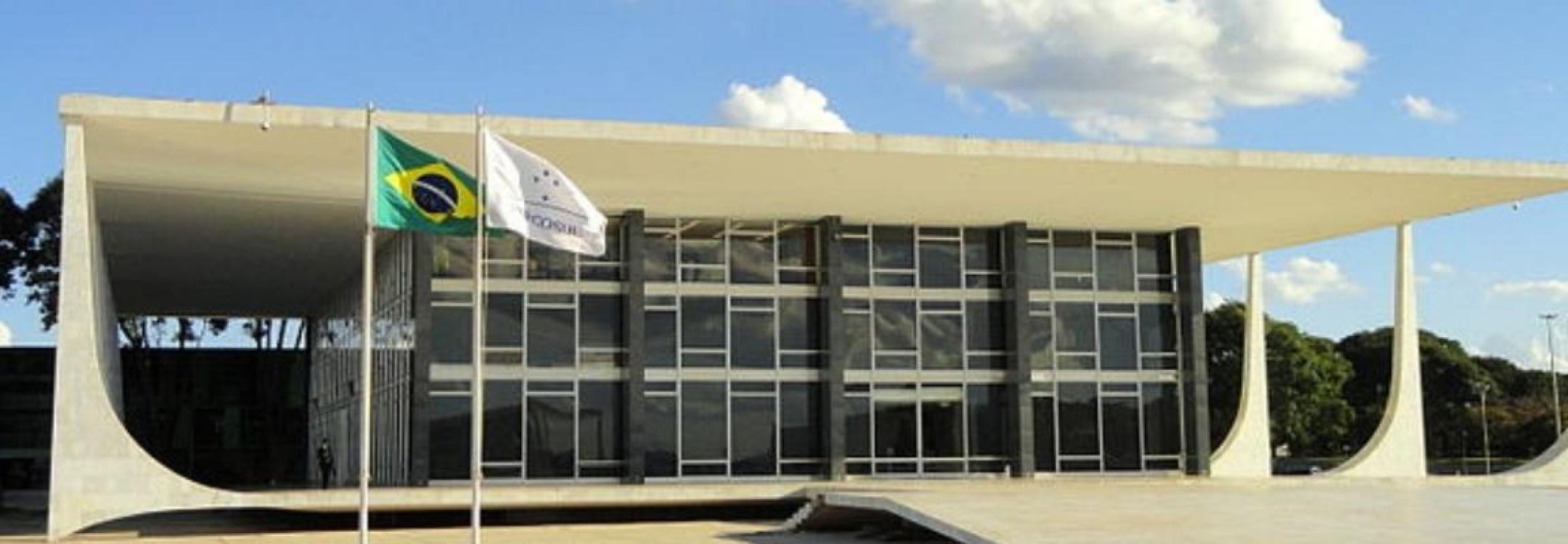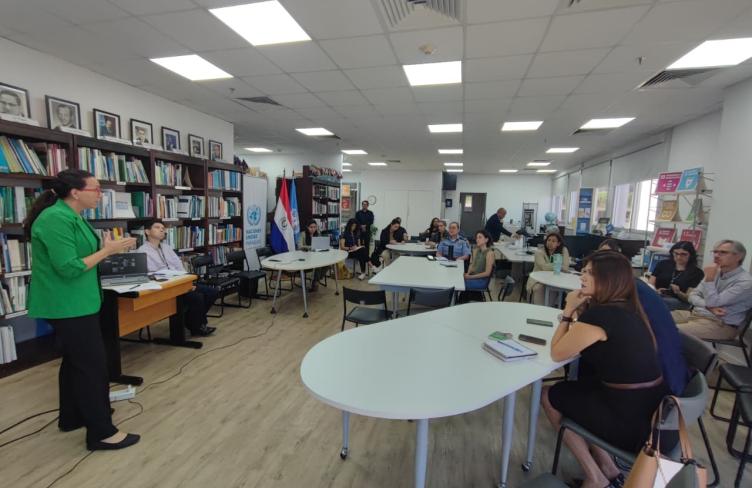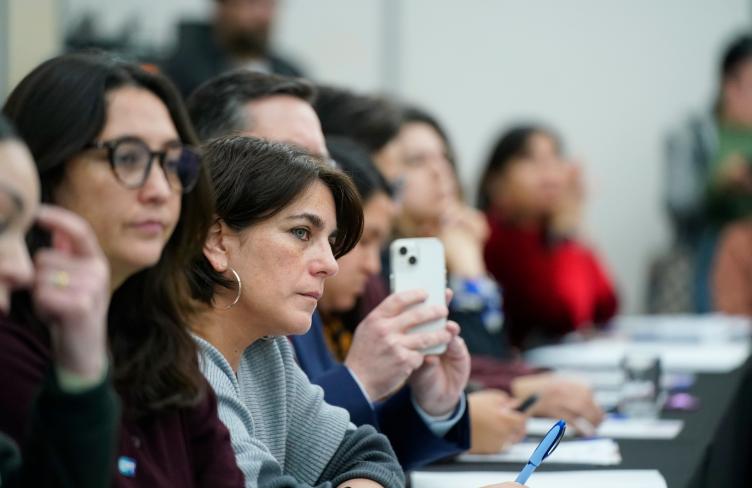
The highest court in Brazil has issued a unanimous ruling in support of the country’s National Preventive Mechanism (NPM) by declaring that a 2019 Presidential Decree that had defunded the oversight body was unconstitutional.
The historic decision of the Supreme Court follows two years of concerted advocacy by the APT and national partners to overturn the Decree, which stripped remuneration from NPM members and required them to exercise their functions on a voluntary basis.
In its decision, the Supreme Court stated that “the establishment of the NPM is the result of international commitments assumed by Brazil, whose compliance requires that the country not only establish the body, but also grant financial, administrative and logistical conditions for the body to exercise its function of monitoring detention centres and issuing recommendations to the government, aiming to prevent and sanction the practice of torture”.
Judge Dias Toffoli, member of the Supreme Court, also noted in the decision that the mandate of a member of the NPM carries high personal risk, “considering that the work consists of inspecting places of deprivation of liberty, especially prisons, which, as a rule, have precarious physical structures, concentrate more people than the capacity of the facility supports, are under the control of criminal organisations and are constantly under threat of violent rebellions or outbreaks”.
The Supreme Court decision followed a visit to Brazil in February 2022 by the UN Subcommittee for the Prevention of Torture (SPT). The three-member SPT delegation held a series of high-level meetings during which they encouraged Brazilian authorities to take action in support of the NPM and in line with the country’s international obligations. The SPT delegation also met with members of the Supreme Court.
We welcome this unanimous decision by the Supreme Federal Court of Brazil that prevents the dismantling of the national torture prevention mechanism of the country
Suzanne Jabbour, SPT Chairperson
The APT and national partners submitted information to the SPT on the worrying situation in Brazil ahead of its November 2021 session, calling on the UN torture prevention body to conduct an urgent visit to the country.
This was part of an ongoing advocacy campaign by the APT and its partners, which included a hearing on the issue before the Inter-American Commission on Human Rights, intervening in legal claims, and advocating in Congress for a Bill to suspend the effects of the Presidential Decree.
“After over two years of uncertainty about the fate of the NPM, the Supreme Court ruling provides a long waited halt to systematic setbacks on public policies on torture prevention in the country. The Court is firm in stating that the absolute prohibition of torture requires a positive conduct by the State on implementing effective public policies for its prevention.”, said APT Secretary General Barbara Bernath.
The Supreme Court ruling also provides a comprehensive analysis and interpretation of the NPM’s founding legislation (Law 12.847/2013) stating that the intention was to provide for full-time, remunerated NPM members. The ruling also held that the President had exceeded his regulatory powers when his Decree had, in practice, dismantled a public policy based on the Constitution and international treaties signed by Brazil.
Additionally, the Supreme Court established that the NPM mandate requires time and dedication to be properly exercised, since the NPM’s work requires planning to undertake missions to various cities and states, to process data and to monitor recommendations.
“The Court pointed out how, collectively, international organisations, civil society organisations, legal associations and public institutions strongly opposed the measures imposed by the Presidential Decree. This national and international mobilisation was a key factor in securing a favourable and timely ruling by the Supreme Court,’ said Sylvia Dias, APT Senior Legal Adviser and National Representative in Brazil.
“The ruling also makes a powerful statement: that torture prevention is a State responsibility. It transcends ideologies and worldviews because it has its foundation in the Constitution. Any attacks or setbacks – even those disguised as ‘administrative acts’ – are unacceptable and are contrary to the spirit of Brazil’s Constitution,” Ms Dias added.


